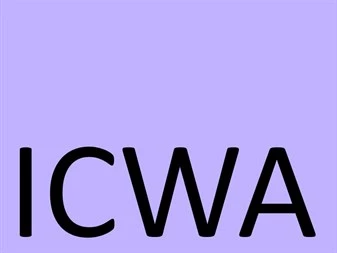Copyright © 2009 - 2026 - All Rights Reserved
Social Work Test Prep, LLC Pass the social work licensing exam with realistic practice. Full-length SWTP practice tests have helped thousands of social workers prepare for the ASWB Bachelors, Masters, Advanced Generalist, and Clinical exams. You’re next! Pass the LCSW, LMSW, LICSW, LGSW, or LSW exam. Connect with a study group or get tutoring from an experienced social work tutor. Free practice test and study guide with sign-up. All SWTP content is reviewed by licensed social workers. Meet the team. Get practice, get licensed! For continuing education units, use SWTP CEUs

 So much of the social work exam is taken up with practice questions--ethics, diagnosis, and the like-- it's easy to forget another giant part of the social work: policy. We'll take a look at some essentials over a series of posts. First up, the Indian Child Welfare Act of 1978. (Note: "Indian" is used in the statute and in much discussion online. "Native American" is likely to be preferred by exam item writers.)
So much of the social work exam is taken up with practice questions--ethics, diagnosis, and the like-- it's easy to forget another giant part of the social work: policy. We'll take a look at some essentials over a series of posts. First up, the Indian Child Welfare Act of 1978. (Note: "Indian" is used in the statute and in much discussion online. "Native American" is likely to be preferred by exam item writers.)